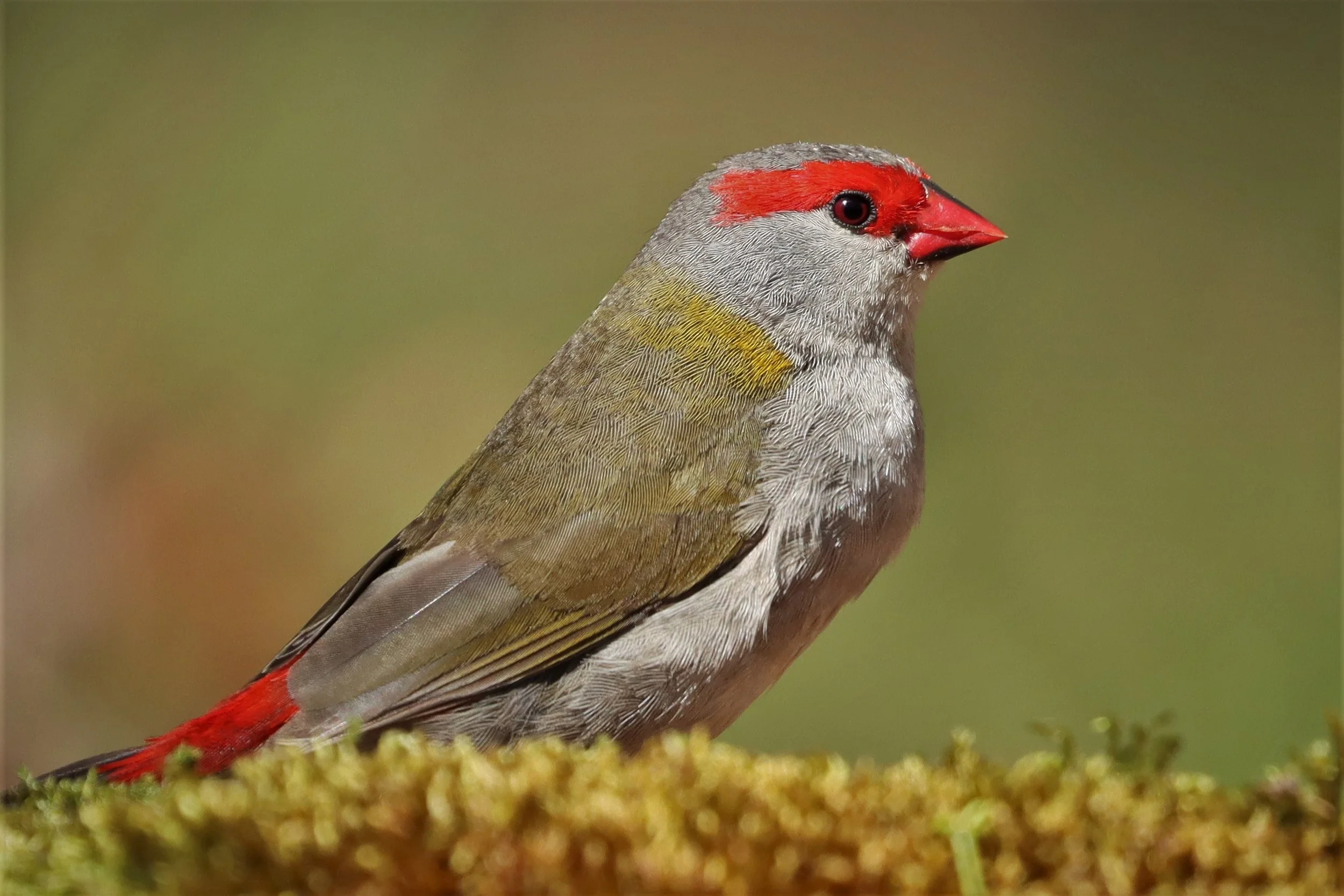
Opportunities to join the Flock.
We welcome enquiries from potential PhD, Masters and Honours students and there are many possibilities for student projects in line with our current research themes. Please feel free to contact us about student opportunities.
We are also seeking PhD candidates to fill vacancies for priority research projects, some of which may be supported by supplementary scholarships. Please see the list of PhD projects below.
Expressions of interest should be submitted to Thomas Prowse (thomas.prowse@adelaide.edu.au). Please ensure you include the following documents:
• Degree certificates (testamurs)
• Academic transcripts
• Curriculum vitae
PhD Project Opportunities.
Monitoring aerial species with Radar technology.
With the recent growth in the planning and approval of wind energy facilities, there is a clear need to understand the risks posed to aerial species by windfarms. Radar (Radio Detecting And Ranging) technology can be used to monitor the movement of aerial species such as birds and bats and provide information on the intensity, timing, location and altitude of wildlife flight patterns. This project will test the capacity of active radar (which transmits signals and analyses reflections from flying objects) and passive radar (which detects reflections of ambient signals such as radio waves) to monitor aerial species, with a particular focus on flying foxes, waterbirds and migratory shorebirds. We will work with meteorological experts and engineering firms to quantify the performance of different radar systems and map high-intensity wildlife movement and migration routes, to inform windfarm planning and assessment.
Supplementary PhD Scholarships.
Bob Croser Woodland Recovery Supplementary Scholarships
The Mount Lofty Ranges (MLR) in South Australia represent one of Australia's most heavily cleared and fragmented woodland ecosystems, with less than 10% of the original vegetation remaining. Over 90% of native vegetation in the MLR was cleared by the mid-1800s, and although remnant woodland ecosystems in the MLR still provide an important refuge for birds, the abundance of many woodland-specialist species is declining. Population decreases are not confined to threatened birds but are also evident in many species that are normally considered common but will soon become rare. Such declines will likely compromise the diverse ecosystem services these species provide.
In 2004, Robert Dean Croser bequeathed funds to the University to support woodland recovery in the MLR. To facilitate his request, the Bob Croser Woodland Recovery Project was established by the University’s Environment Institute, in collaboration with South Australian community and government groups. The project supports and is aligned with the ReBird the Ranges initiative, an alliance of partner organisations with shared passion and commitment to reversing the decline of woodland bird populations in the MLR.
These supplementary scholarships are advertised through the Environment Institute here . Please refer to the details provided for Project 3 (Next-generation monitoring of woodland bird populations in the Mount Lofty Ranges) and Project 4 (Understanding the contribution of revegetation to woodland bird recovery to guide future restoration activities).


